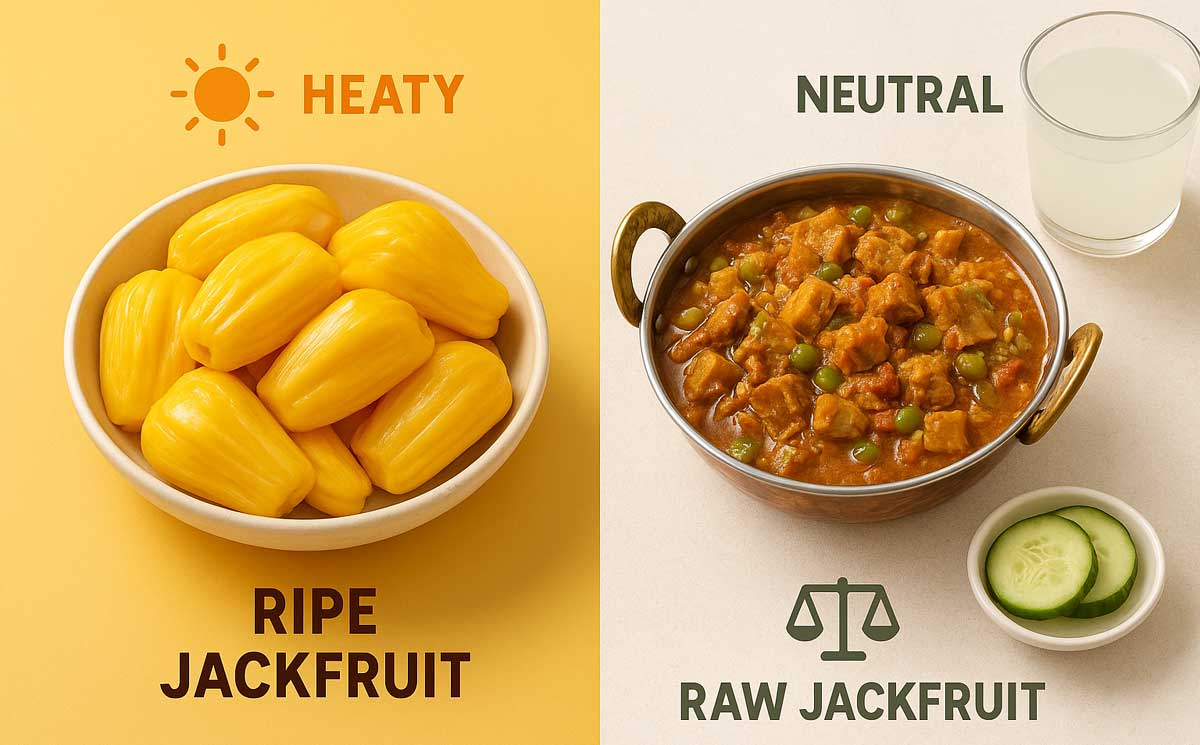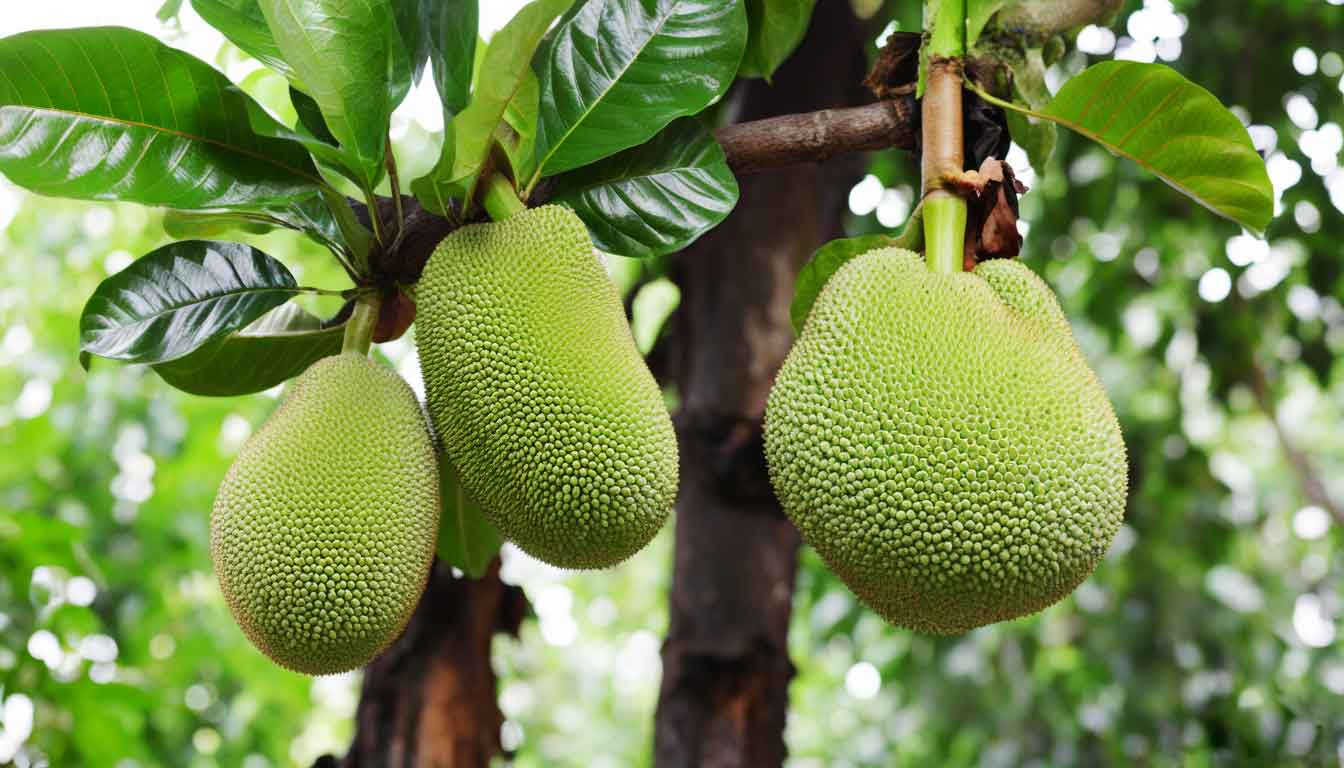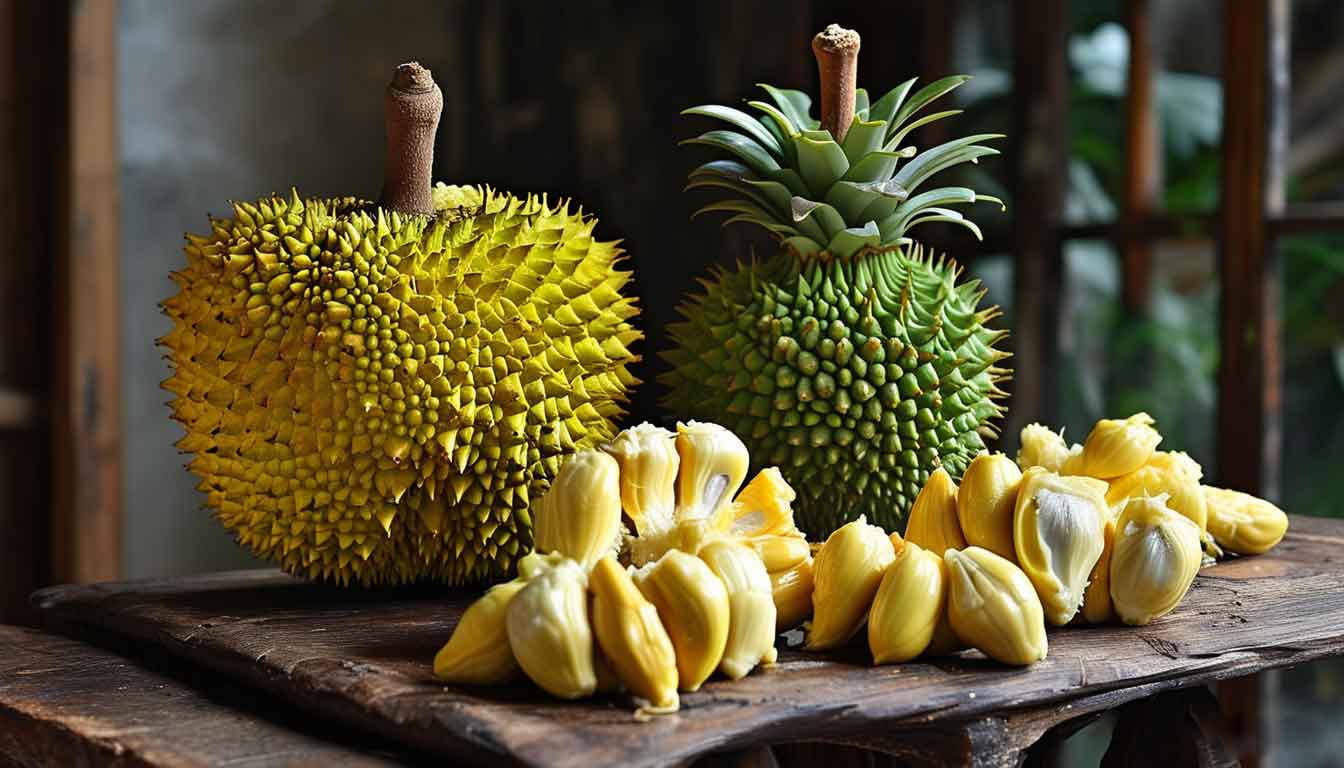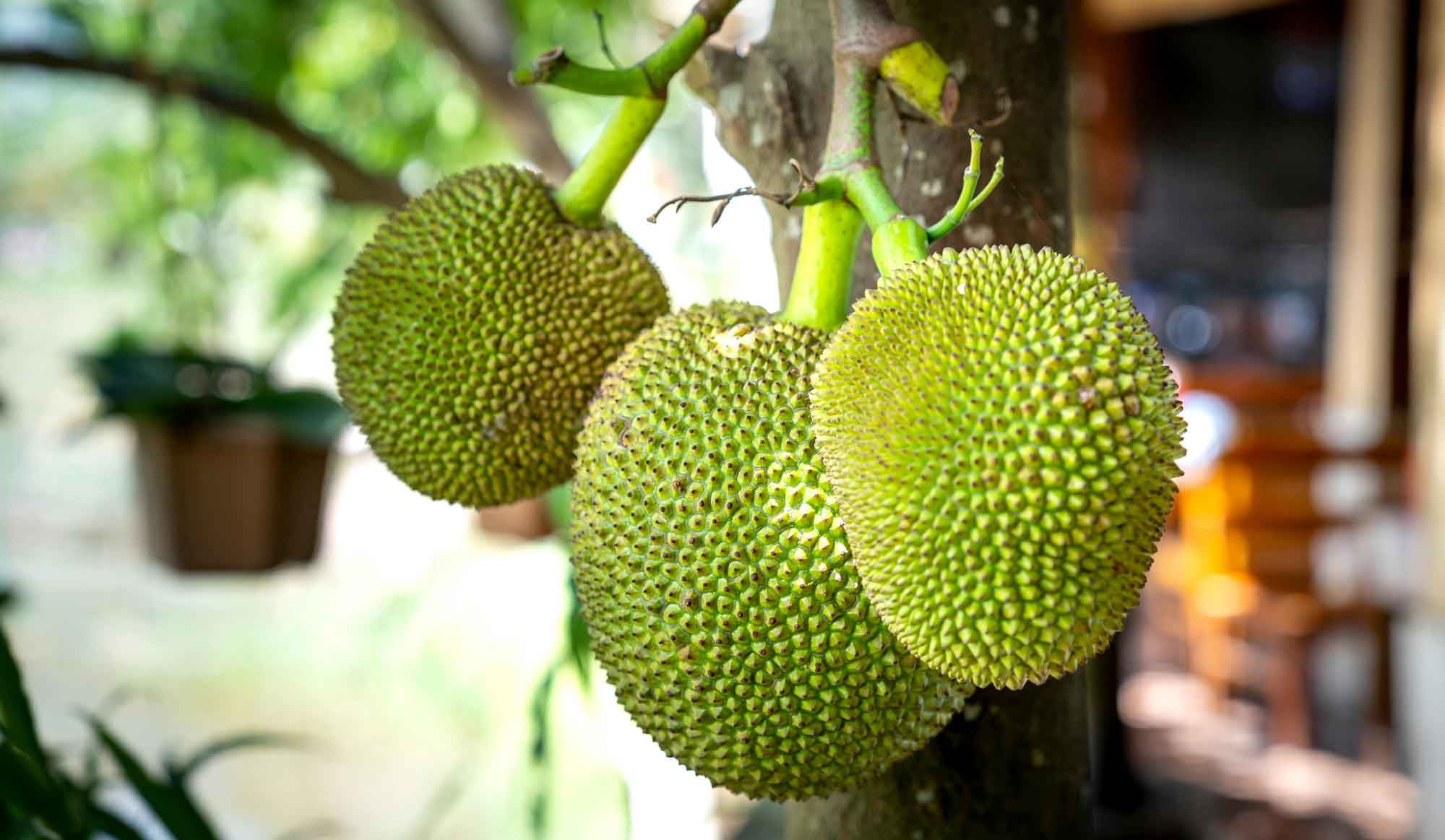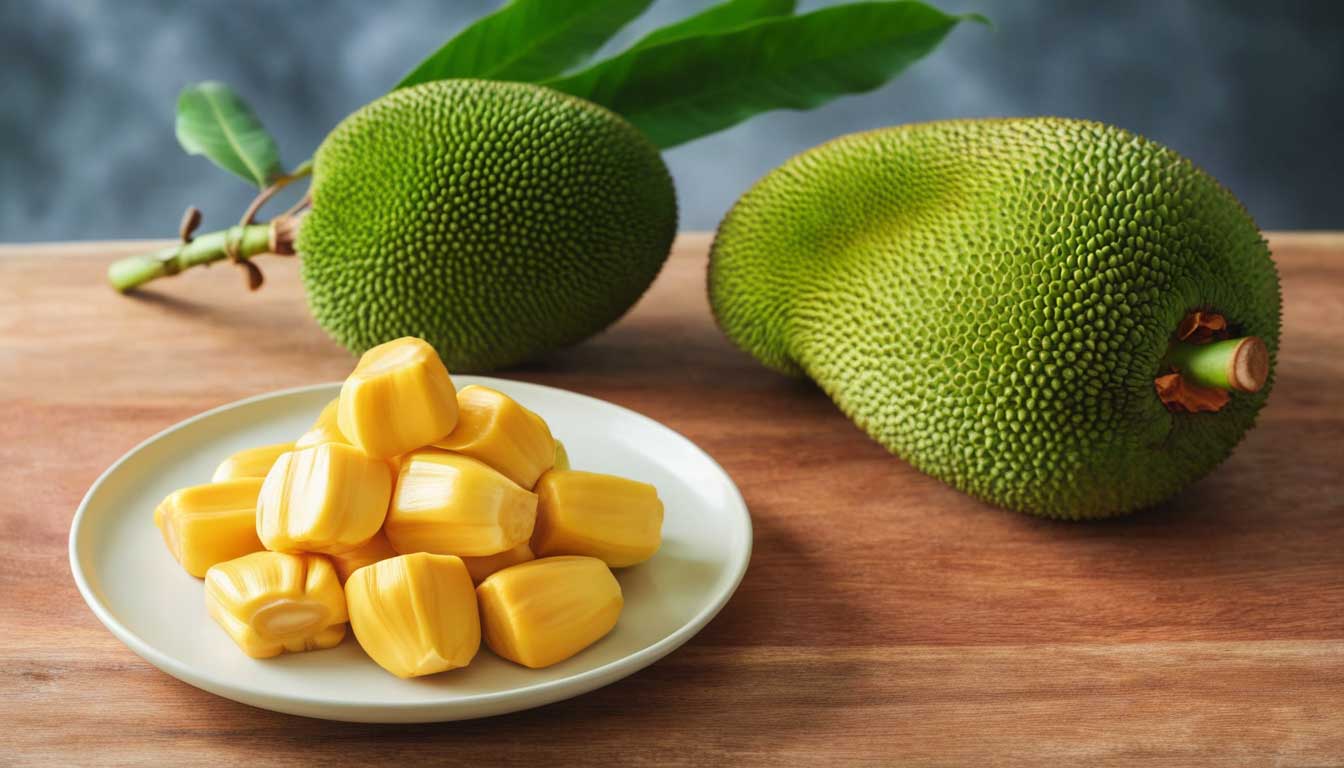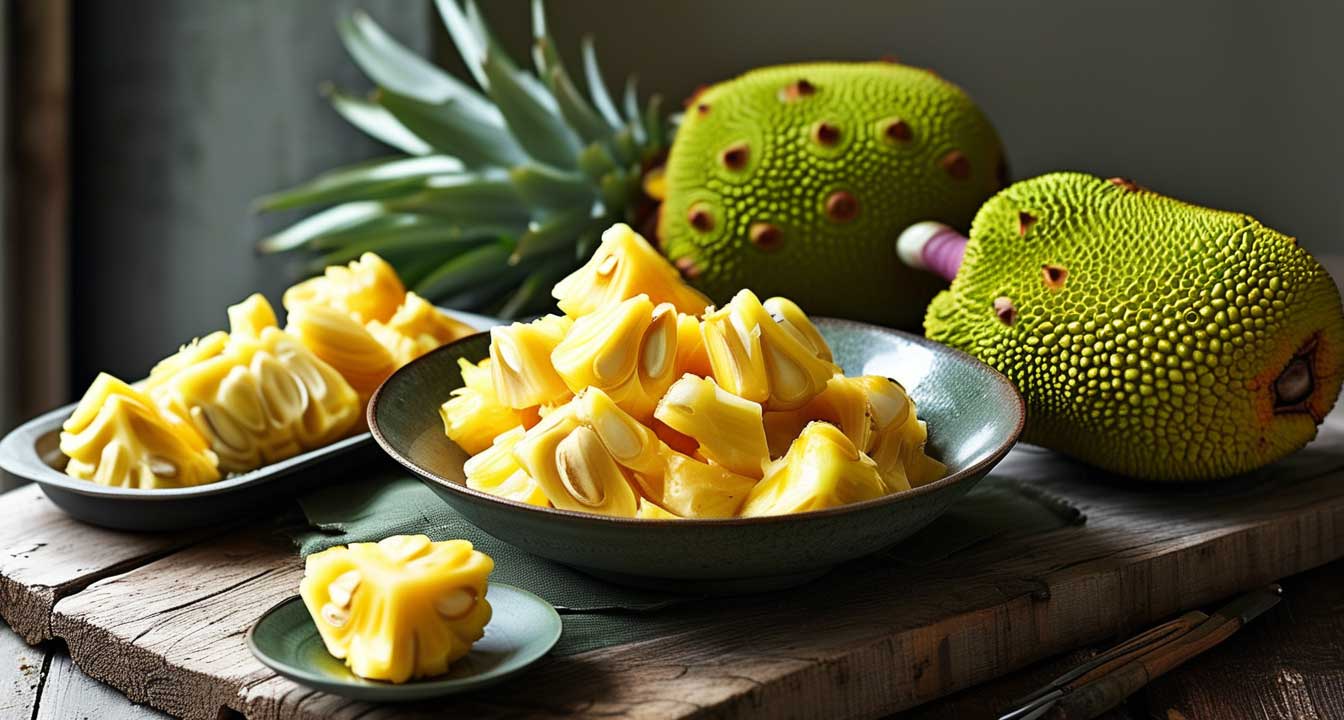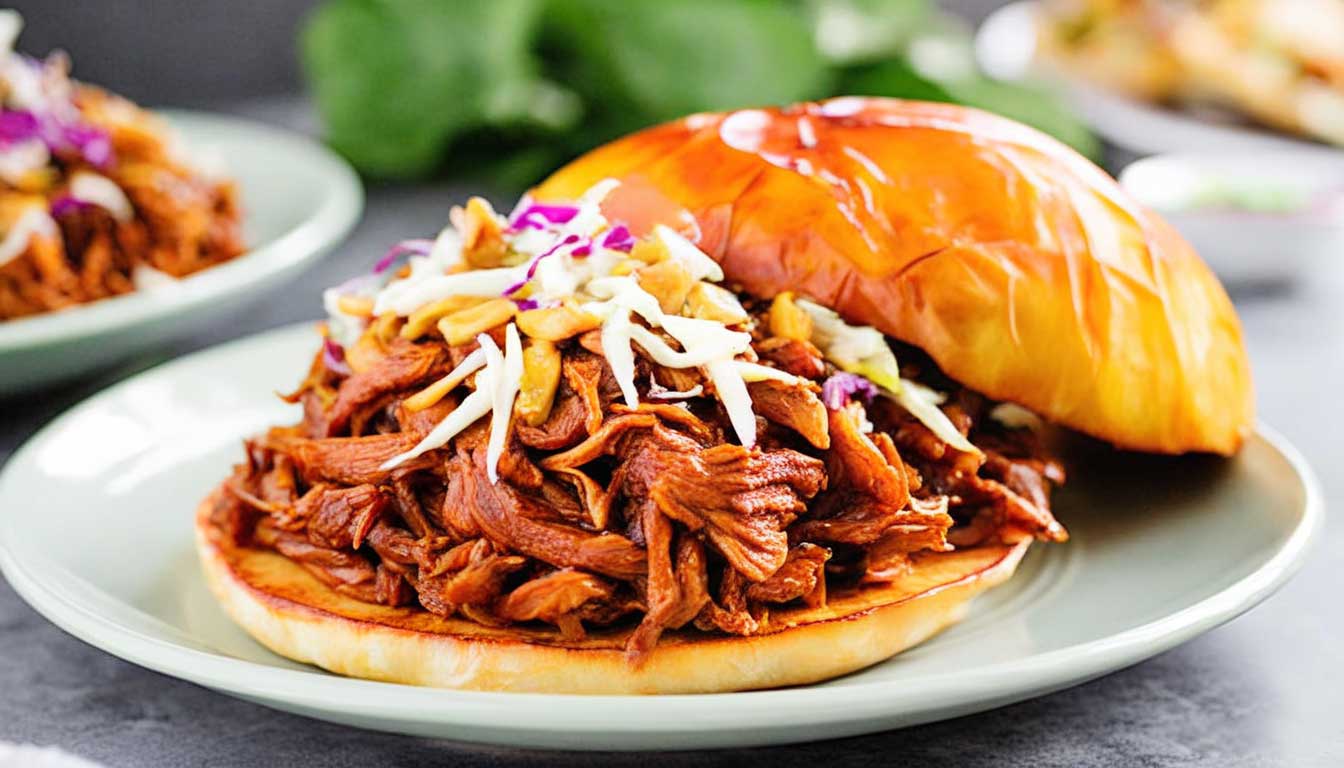Is Jackfruit Heat or Cold for the Body? Let’s Find Out!
Jackfruit—whether you know it as Panasa Pandu, Kathal, or Pala Pazham—is a large, tropical fruit enjoyed in both raw and ripe forms. While it’s gaining popularity in the U.S. as a meat substitute and superfruit, one question often comes up:
Is jackfruit heat or cold for the body?
In this blog post, we’ll explore that question from both traditional and modern perspectives, so you can enjoy jackfruit the smart way—especially if you’re health-conscious or have dietary sensitivities.
Is Jackfruit Heaty or Cooling?
In many traditional systems like Ayurveda, foods are classified as either “heaty” (increasing body heat) or “cooling” (calming the system). Jackfruit falls into the heaty category, especially when it’s ripe.
Why is Jackfruit Considered “Heaty”?
- It’s high in natural sugars and carbs, which can increase energy and internal warmth.
- It may aggravate heat-related conditions like acne, mouth ulcers, or skin rashes if overconsumed.
- People prone to indigestion or excessive sweating may feel uncomfortable after eating too much ripe jackfruit.
That said, eating jackfruit in moderation and at the right time of day can help balance its effects.
What Modern Nutrition Says
From a scientific perspective, jackfruit is a nutrient-packed fruit that offers several health benefits:
- High in fiber – Helps digestion and prevents constipation
- Rich in vitamin C – Boosts immunity and fights free radicals
- Good source of potassium – Supports heart health and blood pressure
- Contains copper – Important for thyroid hormone regulation
- Loaded with antioxidants – Protects against cell damage and may lower cancer risk
But jackfruit is also dense in calories and natural sugars, especially when ripe. That’s why it can make you feel “warm” or even bloated if eaten in large quantities.
Raw vs. Ripe Jackfruit: Which Is Better?
If you’re concerned about body heat, the form of jackfruit matters:
| Type | Effect on Body | Best Use |
| Ripe Jackfruit | Heaty | Eaten as a fruit or in desserts |
| Raw Jackfruit | Mildly heaty | Used in curries, stews, or pickles |
| Jackfruit Flour | Neutral | Great for baking, low-GI diets |
Raw or young jackfruit is lower in sugar and behaves like a vegetable—ideal for savory dishes and more neutral for the body. Ripe jackfruit, while delicious, is more “heaty” and should be eaten in small portions.
Signs Jackfruit Might Be Too Heaty for You
Your body will tell you if jackfruit isn’t sitting well. Watch for:
- Mouth ulcers or tongue irritation
- Pimples or acne breakouts
- Bloating or gas
- Increased thirst or sweating
- Feeling sluggish or overheated
If you notice any of these symptoms, try reducing your intake or pair jackfruit with cooling foods like yogurt or cucumber.
How to Balance the Heat of Jackfruit
You don’t need to avoid jackfruit—just eat it mindfully. Here are some smart tips:
What to Eat with Jackfruit:
- A spoonful of curd (yogurt) or a glass of buttermilk
- Coconut water to stay hydrated
- A light cucumber salad or other cooling vegetables
- Add cardamom or dry ginger (helps digestion)
What to Avoid with Jackfruit:
- Spicy, fried, or oily foods
- Other “heaty” fruits like mangoes or pineapples
- Eating late at night or on an empty stomach
Pro tip: Many South Indians rinse their mouth or eat a pinch of salt after jackfruit. It helps balance sweetness and supports digestion.
Best Time to Eat Jackfruit
Timing matters when it comes to digestion and how your body reacts:
- Eat mid-morning or early afternoon for better digestion
- Avoid late-night snacking
- Best enjoyed during spring or cooler seasons
Also, don’t eat jackfruit first thing in the morning on an empty stomach—it may spike blood sugar or cause bloating.
Who Should Limit or Avoid Jackfruit?
While jackfruit is healthy, certain groups should be cautious:
- People with diabetes (due to high sugar content)
- Individuals with fatty liver disease or kidney issues
- Those prone to acne, boils, or rashes
- Pregnant women – consult a doctor before eating in large amounts
- Anyone recovering from surgery, fever, or inflammation
Note: Children with skin conditions or weak digestion should eat jackfruit in moderation.
Does Jackfruit Cause Weight Gain?
Only if you overeat it! Jackfruit is high in natural sugars, so portion control is key. But in moderate amounts, it can support weight loss thanks to:
- High fiber, which keeps you full longer
- Low fat content (especially in raw jackfruit)
- Nutrients that support metabolism
For a weight-loss-friendly option, try young jackfruit curry or drink jackfruit juice an hour after meals (in small amounts).
Final Verdict: Is Jackfruit Heat or Cold?
To wrap it up:
Jackfruit is considered a heaty fruit, especially when ripe. But with the right balance, it can still be a healthy, tasty part of your diet.
| Type | Nature | Best Time to Eat | Good Pairings |
| Ripe Jackfruit | Heaty | Midday or afternoon | Curd, buttermilk, salt |
| Raw Jackfruit | Mild | Cooked in meals | Coconut, spices |
| Jackfruit Flour | Neutral | In baked or cooked foods | Low-GI ingredients |
Listen to your body, stay hydrated, and enjoy jackfruit in moderation.
